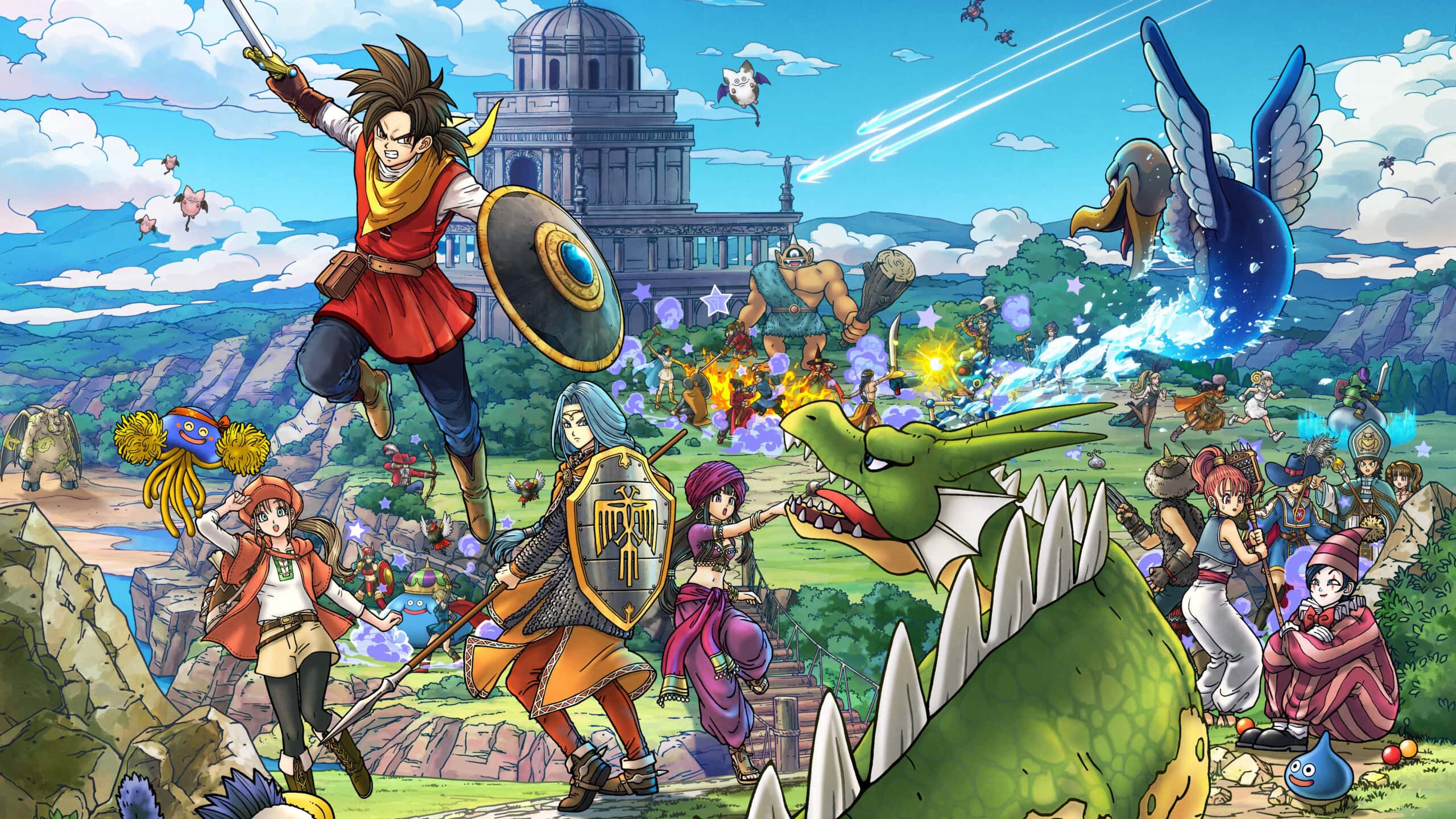Co-op vs. Solo: The manner in which RPG Games Accommodate Various Play Styles
RPGs, also known as RPGs, have enchanted players with their rich storytelling, thorough character progression, and broad environments to traverse. Within this varied genre, players often have to decide whether to embark on their adventures solo or together with others in co-op gameplay. idlearcana.com can significantly influence the overall play experience, as both styles offer distinct benefits and challenges.
Playing solo allows for a deeply personal journey, where players can spend their time, make decisions at their preferred pace, and fully immerse themselves in the story and character development. On the other hand, cooperative play fosters a feeling of togetherness and joint effort, enabling players to join forces, coordinate plans, and tackle obstacles as a team. As RPGs progress, understanding how these divergent play approaches appeal to individual choices is important for both designers and players alike.
This Allure of Co-op Gameplay
Co-op gameplay in RPGs has blossomed into a major aspect of the gaming experience, attracting gamers who look for community engagement alongside engaging storytelling. The common journey through imaginary worlds encourages camaraderie, as participants join forces to tackle challenges that would be formidable when faced alone. This dynamic enhances both the fun and the emotional stakes involved, as victories become collective achievements and defeats deepen the bonds between players.
One of the main appeals of cooperative gameplay is the rich experiences it offers. Each player brings their distinct skills and play styles to the table, creating opportunities for tactical cooperation and tactical maneuvers. Whether it’s coordinating attacks against powerful bosses or combining abilities in innovative ways, working together makes the gameplay much richer. Additionally, players can explore the nuances of character development and customization in a way that can lead to unexpected synergies and exciting moments.
In addition, RPGs with cooperative modes often stress communication, making teamwork essential. Players are urged to strategize, exchange resources, and support one another, nurturing a sense of community. This engagement also increases engagement and builds lasting friendships that extend beyond the game alone. Ultimately, the appeal of cooperative play lies in its power to transform solitary gaming into an rewarding social experience that honors teamwork and partnership.
A Independence of Solo Adventures
Single-player RPG titles offer gamers an unparalleled sense of freedom. Participating in a single-player game allows for complete control over the adventure, from character development to narrative choices. Gamers can immerse themselves in the game's environment at their own speed, deciding when to explore, level up, or take on difficult quests. This autonomy fosters a deeper connection with the narrative, as each choice feels intimate and significant.
Moreover, solo adventures cater to individual play styles by allowing participants to tailor their experiences. Some may prefer a more tactical approach, carefully planning their avatar builds and mastering combat mechanics, while others might lean into exploration and storytelling. The appeal of solo RPG titles lies in their ability to support diverse play styles without the pressure of coordinating with others, making every adventure truly customized to the gamer's preferences.
Lastly, the emotional journey in solo RPG games can be incredibly fulfilling. Gamers often find themselves deeply engaged in their characters and the environments they inhabit. The isolation of a single-player experience can evoke a spectrum of emotions, from victory to heartache, as players face obstacles and uncover the lore of the world. This intricate storytelling and individual journey often leave lasting memories, enhancing the entire gaming journey.
Deciding Your Play Style
When starting into RPG games, determining between cooperative and individual play can greatly impact the overall experience. Cooperative play excels on teamwork, often bringing players together to tackle challenges, share strategies, and celebrate victories in unison. Engaging with friends or online communities can strengthen social bonds, forge memorable moments, and provide a support system during challenging quests. This style is ideal for those who appreciate collaborative storytelling and the excitement of blending skills with others.
On the other hand, individual play offers a unique kind of deep experience. Players beginning on their own journey can explore expansive worlds at their own pace, making choices that align with their personal play style and narrative preferences. The freedom to tailor character development and decision-making allows for deep reflection and individual story arcs. This approach is particularly appealing to those who favor solitude in their gaming adventures or seek a more introspective experience.
Ultimately, the choice between cooperative and individual play in RPG games relies on personal preferences and what each player wants to gain from the experience. Whether you thrive in a bustling party or relish the quiet contemplation of lone exploration, both play styles present distinctive opportunities for growth, discovery, and adventure. Understanding your play style can enhance the enjoyment and engagement, ensuring that the time spent in RPG worlds feels rewarding and fulfilling.
